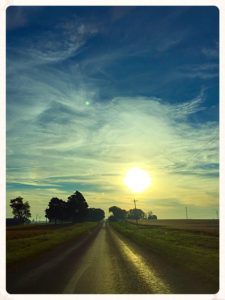When my kids were little, they used to love to try to stand on their heads. They couldn’t, of course, because they were only toddlers at the time – but they sure loved to try. I think they enjoyed looking at their little world from a different vantage point: upside-down. This idea of looking at life from an upside-down perspective is what I first thought of when I read chapter 23 of Matthew, our scripture for today.
In this chapter, Jesus speaks plainly to the scribes and to the Pharisees. These men were known to be the most religious group of people in the land at the time. But instead of praising them for their devotion, Jesus calls them out for their hypocrisy. Hypocrisy occurs when a person does not behave according to the moral code that they say they believe in. Many times, hypocrisy looks like living an upside-down life: focusing on the non-important while ignoring the essential. Let’s take a look at an example from Matthew 23.
First, Jesus tells these religious men that they are actually being impediments to God’s kingdom, and that several of their behaviors are holding other people back from becoming followers of Christ. For example, He says, they are more concerned with their outer appearance than they are with the condition of their hearts (Matthew 23:25 and Matthew 23:28). Jesus tells them clearly to, “First clean the inside of the cup and the plate, that the outside also may be clean” (Matthew 23:26).
Jesus also told the scribes and the Pharisees that they were guilty of ignoring some of the basic tenets of Christianity, such as justice and mercy and faithfulness (Matthew 23:23) and focusing instead on tithing to the exact penny. Indeed, He tells them, tithing and keeping accurate financial records is important – but, “the basics are required” (Matthew 23, verse 24, The Message).
These religious people, then, were living upside-down lives. They were professing to believe one way, yet behaving in a way that directly opposed those beliefs. They were like my kids standing on their heads, really – looking at life from the wrong perspective. Eventually, my toddlers tired of being in this position and stood back up, a little dizzy but none the worse for wear. The scribes and Pharisees, though, were adults who were held responsible for leading others in spiritual matters, which is why Jesus called out their upside-down behavior – their hypocrisy – in no uncertain terms. The thing about hypocrisy, though? Those around you, and those around me, are usually able to see right through it.
I love how Jesus’ reprimand is recorded in The Message version: “Do you have any idea how silly you look, writing a life story that’s wrong from start to finish, nitpicking over commas and semicolons?” (Matthew 23, verse 24b, The Message). Maybe it is because I’m a writer, but verse 24 really spoke to me. Am I, are we, focusing on the wrong things? Are we focusing on the punctuation rules, and not the telling of the story, His story? I know that I am certainly guilty of this! And so I’m thankful to read that Jesus also offers hope, saying that He wanted to bring the people of Jerusalem to Him as “a hen gathers her brood under her wings” (Matthew 23:37). He only asks that we be willing to change our behavior and turn back to Him. This repentance, this turning back, begins not in the posture of a toddler’s headstand, but in a posture of prayer. Join me?
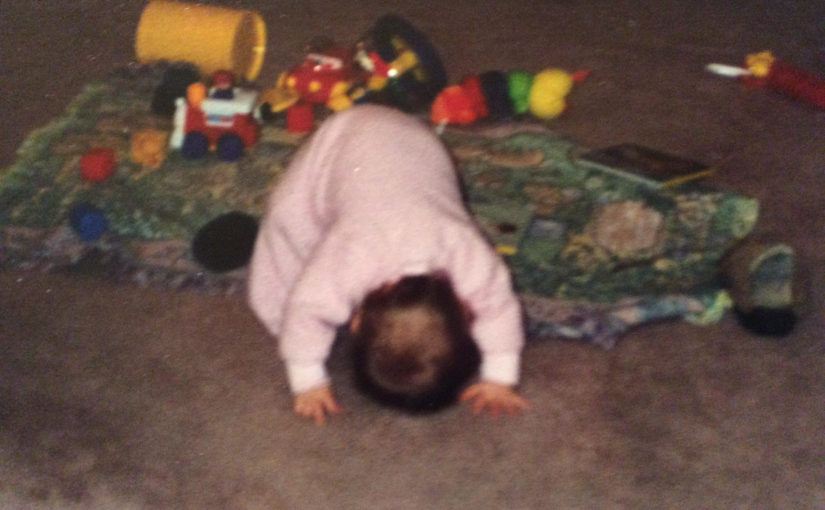
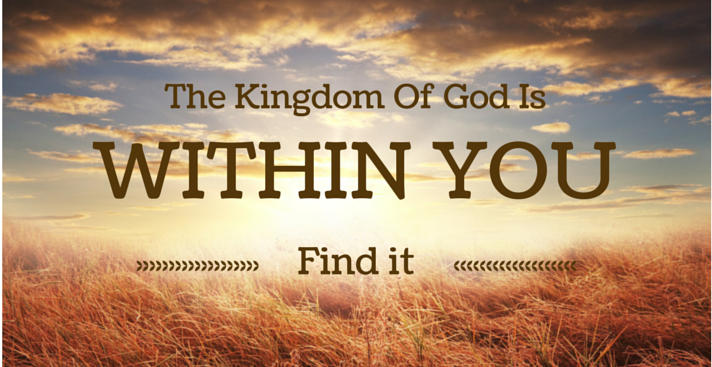

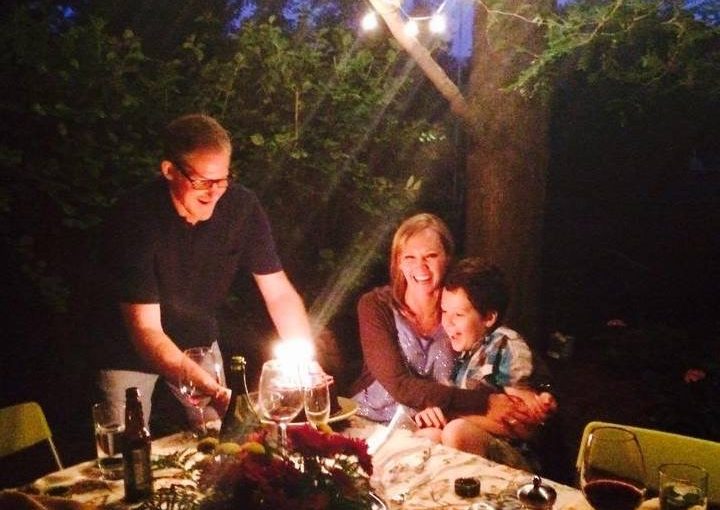
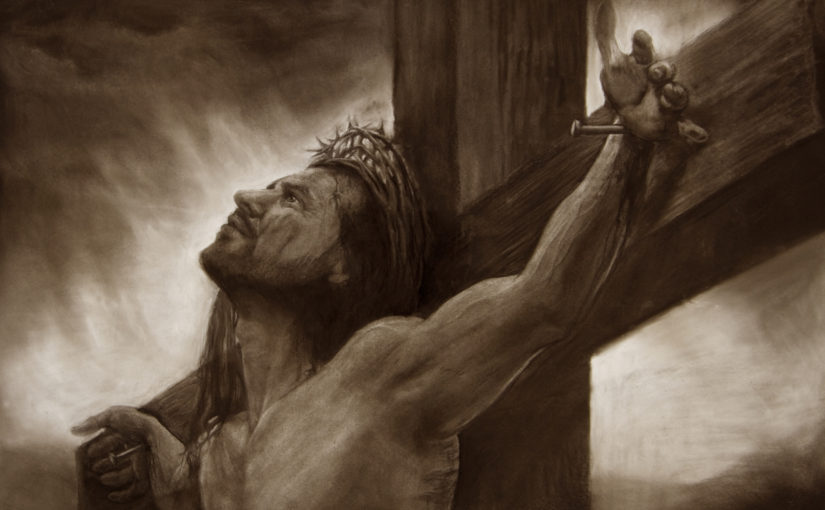


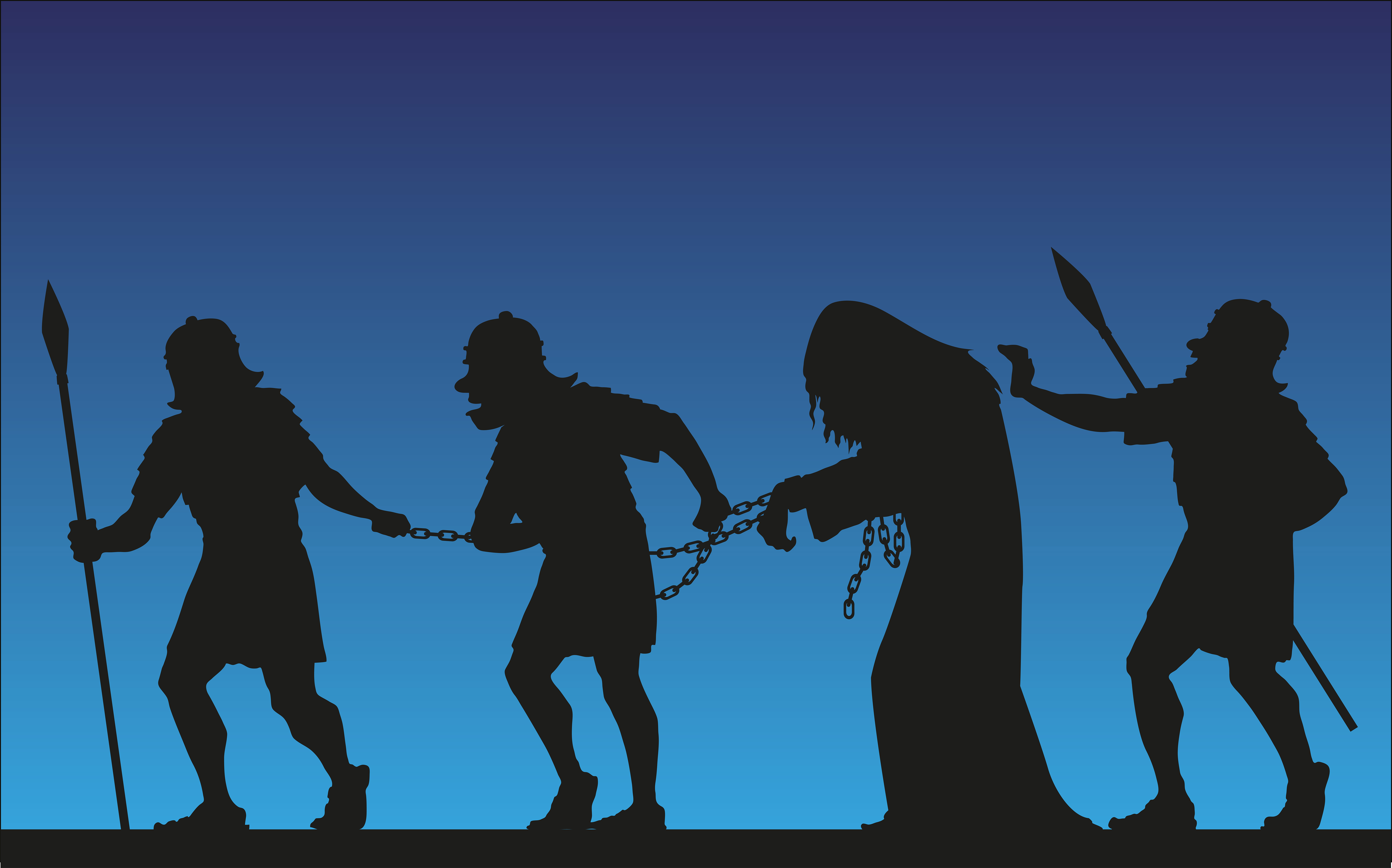

 We had been living in a rooftop apartment in Paris, undoubtably one of the most magnificent cities in the world. Still, it was good to be heading home. Past the Chicago Metro fringe, at that perfect time in the early evening when the stark contrast of the green fields under the big blue sky seemed unreal.
We had been living in a rooftop apartment in Paris, undoubtably one of the most magnificent cities in the world. Still, it was good to be heading home. Past the Chicago Metro fringe, at that perfect time in the early evening when the stark contrast of the green fields under the big blue sky seemed unreal.